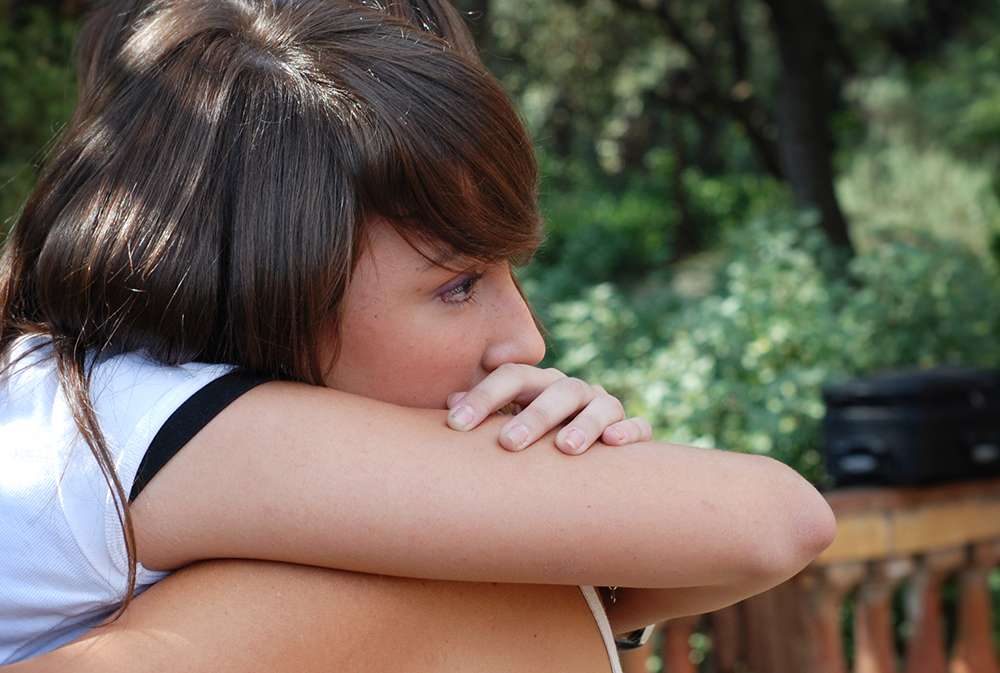How can I help my daughter?
Our agony aunt Mary Fenwick offers a different perspective on a mother's concerns about her daughter

I have four daughters and my husband died three years ago. My 16-year-old has always been the ‘quiet one’ with only a few friends, but is also very clever, witty and great company. Last year I got a call from her school telling me that she was self-harming. I didn’t see this coming and was completely floored.
We’re all very close at home and we have coped with the loss of their father, so I don’t feel this is the issue. The school gave her counselling (which didn’t seem to help) and now say she should see a GP. But I’m worried that a GP will just put her on medication.
Part of me wonders if she enjoys the attention this gets her from the staff when she struggles to feel accepted by the students. What can I do?
I miss my husband in so many ways, but the loss of someone to share these concerns about children with is one of the hardest. You have lost the person who cared on the most profound level, not only about the children, but about their mother.
There is a special sort of loneliness to being the adult with a house full of people who need you, and I’m concerned that isolation might have crept up on you. Does anyone else know how afraid you are right now?
I’m part of an informal network of local parents of teenagers, which happened when I started to be more open about challenges in my own family; the jungle drums connected me with others. That’s how I know that you are not alone in your fears.
It’s important that your daughter sees you reaching out for help, so she learns that she is not alone either. Let’s be clear though: self-harm is always a sign of something seriously wrong. It relates to feelings of isolation, anger, guilt or despair. The challenge as a parent is to stay calm and caring, so she knows you can manage her distress, and she can trust you for support.
If you Google ‘save the parents’, you will find the helpline of the Young Minds charity. Reading their website section on self-harm will help you; contacting them by either email or phone will help even more.
I do want to tackle one of your fears directly. Your GP is human, and quite possibly a parent, and will be at least as cautious about medication as you are, not least because anti-depressant use is strictly regulated for under-18s.
The usual treatment for self-harm will involve talking therapy, but it will always depend on the quality of the relationship your daughter is able to build with the counsellor. A different person could make a big difference.
Ask your GP surgery who deals with teenage mental health in their practice and get an appointment with that person. Do not put this off. Self-harm is definitely a greater danger to your daughter than talking to a GP.
Mary Fenwick is a business coach, journalist, fundraiser, mother, divorcée and widow. Follow Mary on Twitter @MJFenwick. Got a question for Mary? Email mary@psychologies.co.uk, with ‘MARY’ in the subject line.
Photograph: iStock








